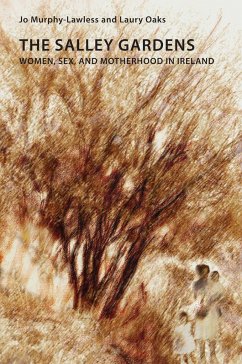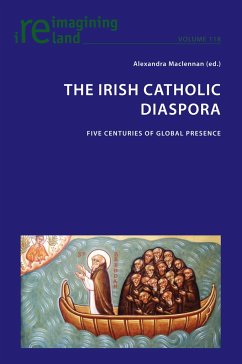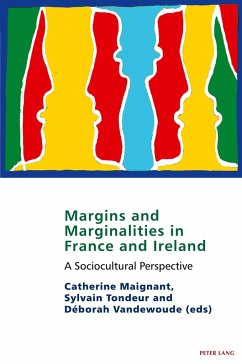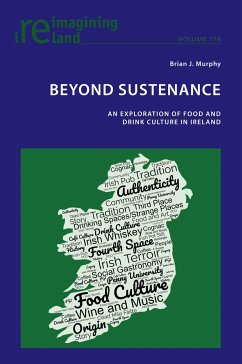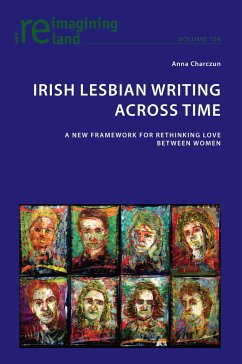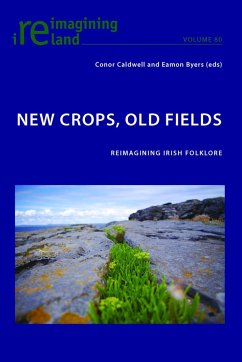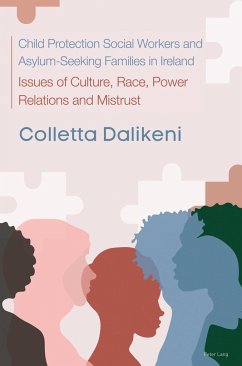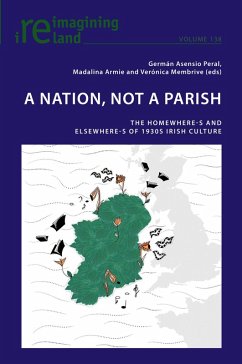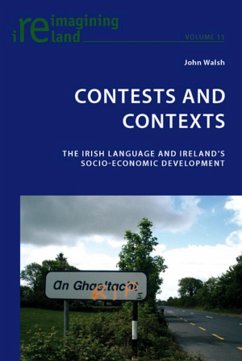
'Lost, Unhappy and at Home': The Impact of Violence on Irish Culture
Volume II: Socio-Cultural Aspects
Herausgegeben: Maher, Eamon; Gaviña-Costero, Maria; Pedro, Dina; Mac Cathmhaoill, Donall
Versandkostenfrei!
Versandfertig in 6-10 Tagen
52,95 €
inkl. MwSt.
Weitere Ausgaben:

PAYBACK Punkte
0 °P sammeln!
In light of the fact that the thirty-year struggle known as the 'Troubles' is still the longest civil conflict in modern European history, it is perhaps inevitable that violence looms large in in contemporary Irish culture and society. This volume delves into the various expressions of this phenomenon, its repercussions, forms of resistance and, particularly, its cultural representations. Comprising fifteen chapters penned by experts in Irish studies, the book delivers a historiographical analysis of significant facets of Irish history marked by conflict, and explores the poetry, theatre, and ...
In light of the fact that the thirty-year struggle known as the 'Troubles' is still the longest civil conflict in modern European history, it is perhaps inevitable that violence looms large in in contemporary Irish culture and society. This volume delves into the various expressions of this phenomenon, its repercussions, forms of resistance and, particularly, its cultural representations. Comprising fifteen chapters penned by experts in Irish studies, the book delivers a historiographical analysis of significant facets of Irish history marked by conflict, and explores the poetry, theatre, and film crafted by Irish artists to mediate the experience of violence and trauma. The chapters are organized into four sections, History, Film, Theatre and Poetry, covering all aspects of violence in its broadest sense, from the banal and invisible to armed conflict, from racial and ethnic discrimination to gender-based violence and ecocide. The book provides the reader with a comprehensive picture of the ways in which it has mapped Ireland, and the modes of opposition to it.





